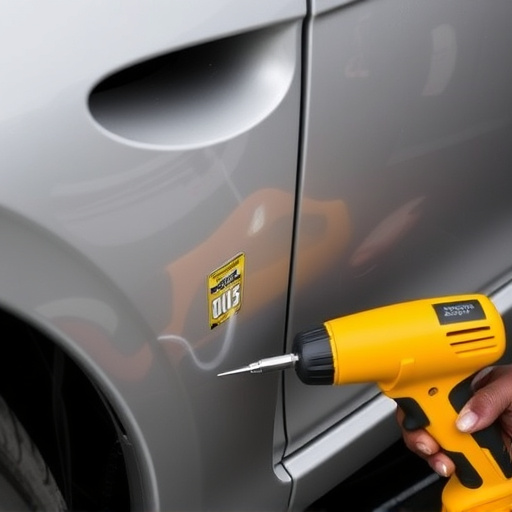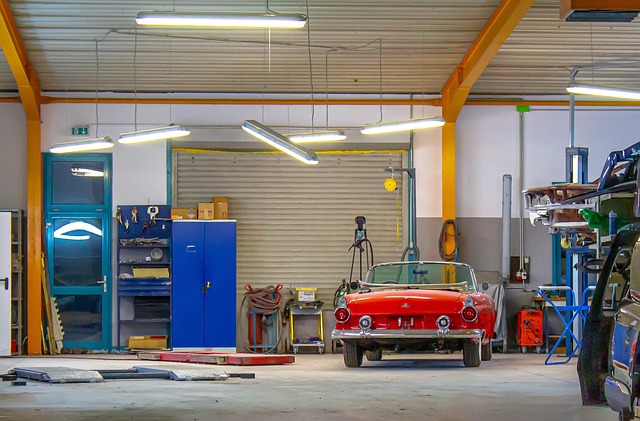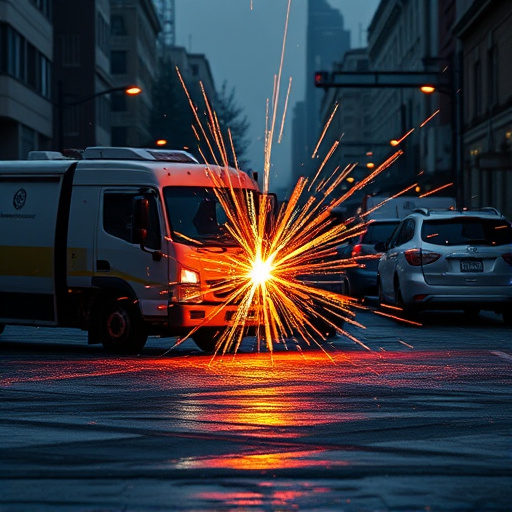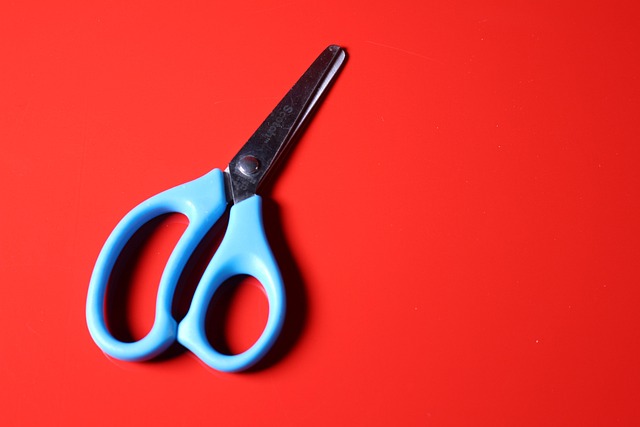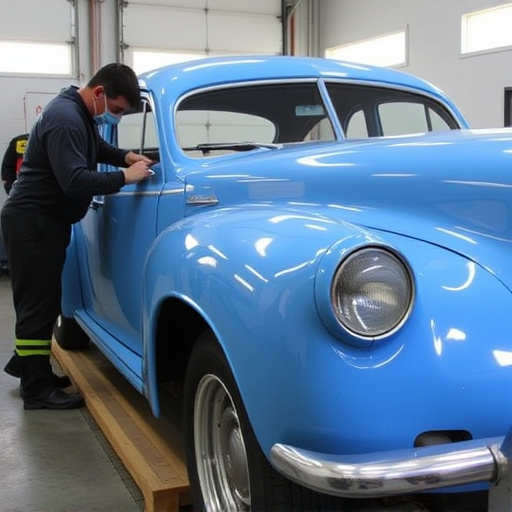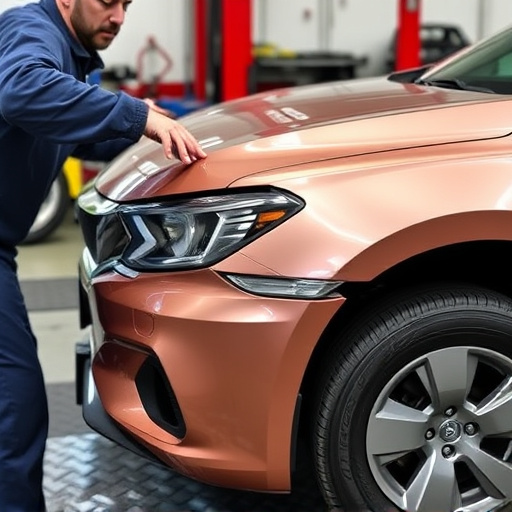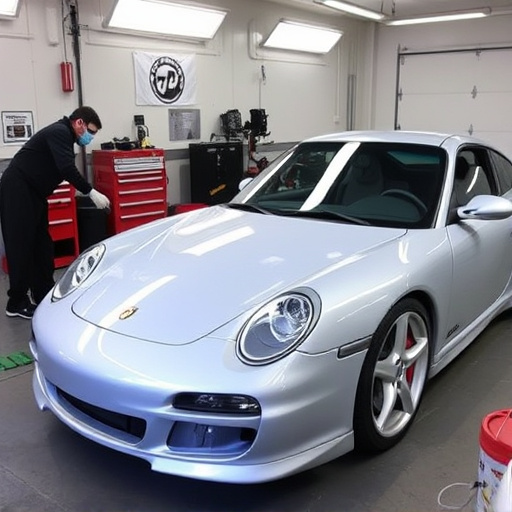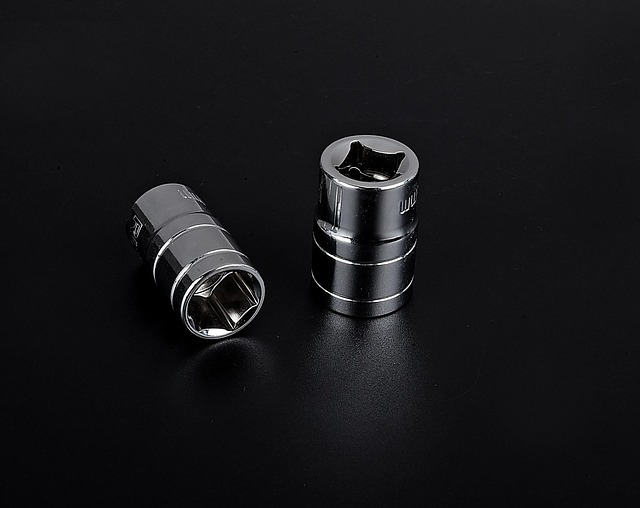Corrosion, a natural metal degradation process, poses significant risks in the automotive sector, impacting aesthetics and safety. Repair shops play a critical role in implementing effective corrosion protection procedures through preventive measures, meticulous surface preparation, and application of high-quality protective coatings. These steps, including auto painting, frame straightening, and body restoration, safeguard vehicles' structural integrity against harsh weather and coastal environments. Proper training, adherence to industry standards, and regular inspections ensure long-lasting protection for all serviced vehicles.
In today’s world, understanding and mitigating corrosion is paramount for maintaining infrastructure and assets. This article delves into the crucial role repair shops play in ensuring corrosion protection. We explore the impact of corrosion on various materials and structures, highlighting why implementing robust corrosion protection procedures is essential. From diagnostic skills to the application of modern protective coatings, repair shops are at the forefront of preserving integrity and longevity against this persistent enemy.
- Understanding Corrosion and Its Impact
- The Role of Repair Shops in Corrosion Protection
- Implementing Effective Corrosion Protection Procedures
Understanding Corrosion and Its Impact

Corrosion is a natural process that occurs when metal surfaces react with substances present in the environment, leading to deterioration and weakness. It can manifest as rust, scaling, or pitting, and if left unaddressed, it can compromise the structural integrity of vehicles, especially during harsh weather conditions or in coastal areas. Understanding corrosion involves recognizing its various forms and the factors that accelerate its development. One of the primary drivers is moisture, which facilitates the oxidation of metal ions, resulting in rust formation.
In the automotive industry, where aesthetics and safety are paramount, corrosion protection procedures are essential. This includes not only preventing initial damage but also repairing and restoring vehicles to their optimal condition using techniques like auto painting, frame straightening, and auto body restoration. By implementing these measures, repair shops play a vital role in safeguarding vehicles from the detrimental effects of corrosion, ensuring they remain reliable, safe, and visually appealing for years to come.
The Role of Repair Shops in Corrosion Protection
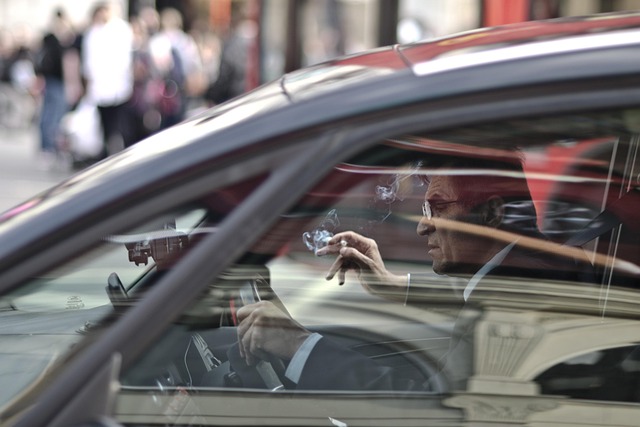
Repair shops play a pivotal role in ensuring corrosion protection procedures are carried out effectively on vehicles that have undergone auto frame repair or vehicle collision repair. In addition to restoring structural integrity, these facilities are tasked with implementing strategies that safeguard against future corrosion. This involves meticulous preparation of the damaged area, including surface cleaning and de-greasing, prior to applying protective coatings like rust preventatives and paint.
By specializing in car collision repair, repair shops not only fix physical damages but also take proactive measures to preserve the vehicle’s longevity. They employ specialized tools and techniques to assess corrosion damage, fill gaps or holes, and apply high-quality primers and paints that offer superior protection against moisture ingress and environmental factors. This multifaceted approach is crucial in maintaining the structural soundness and aesthetic appeal of vehicles post repair.
Implementing Effective Corrosion Protection Procedures

Implementing effective corrosion protection procedures is a key responsibility for any reputable repair shop, especially those specializing in auto frame repair and collision center services. This involves more than just applying a coat of paint; it requires a comprehensive understanding of the various types of corrosion and how to prevent them. For instance, vehicle dent repair professionals must address not only visible dents but also underlying structural issues that could be susceptible to rust over time.
Proper training and adherence to industry standards are essential for technicians handling corrosion protection. This includes using high-quality, corrosion-resistant materials, preparing surfaces meticulously before application, and following the manufacturer’s guidelines for coating products. Regular inspections and maintenance checks post-repair also play a vital role in ensuring long-lasting protection, not just for cars undergoing auto frame repair but for all vehicles served by the collision center.
In light of the above discussions, it’s clear that repair shops play a pivotal role in applying corrosion protection procedures. By understanding corrosion and its impact, they can implement robust strategies that safeguard structures and extend their lifespan. Through proper training, utilizing advanced techniques, and adhering to industry standards, repair shops can ensure long-lasting results, thereby contributing significantly to the prevention of costly damage caused by corrosion.

